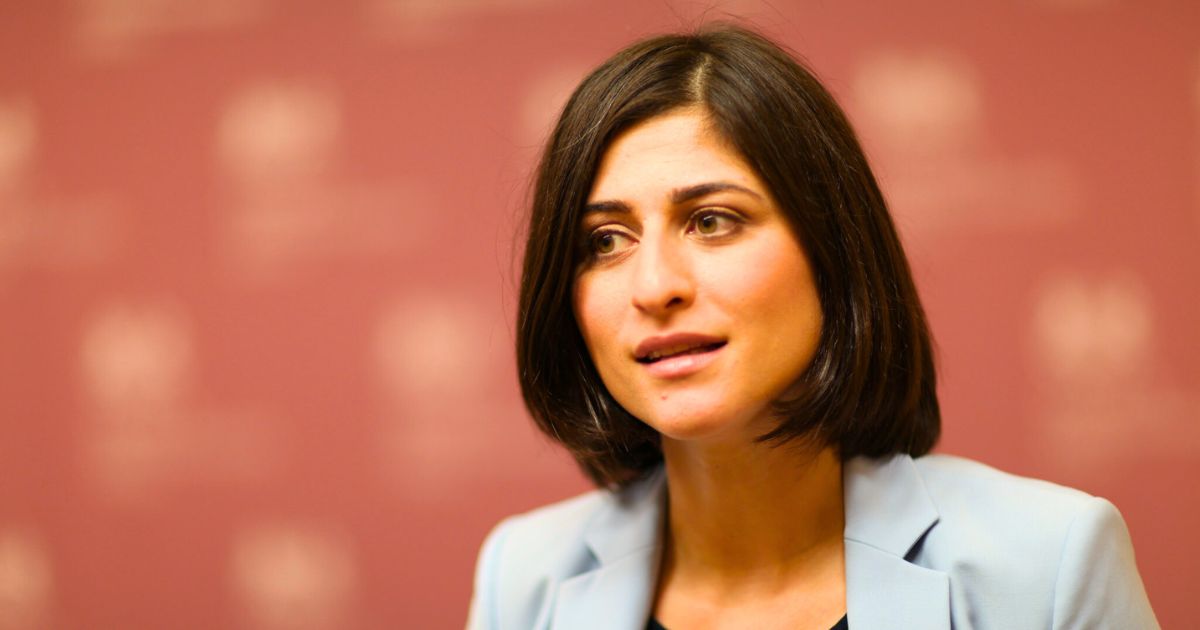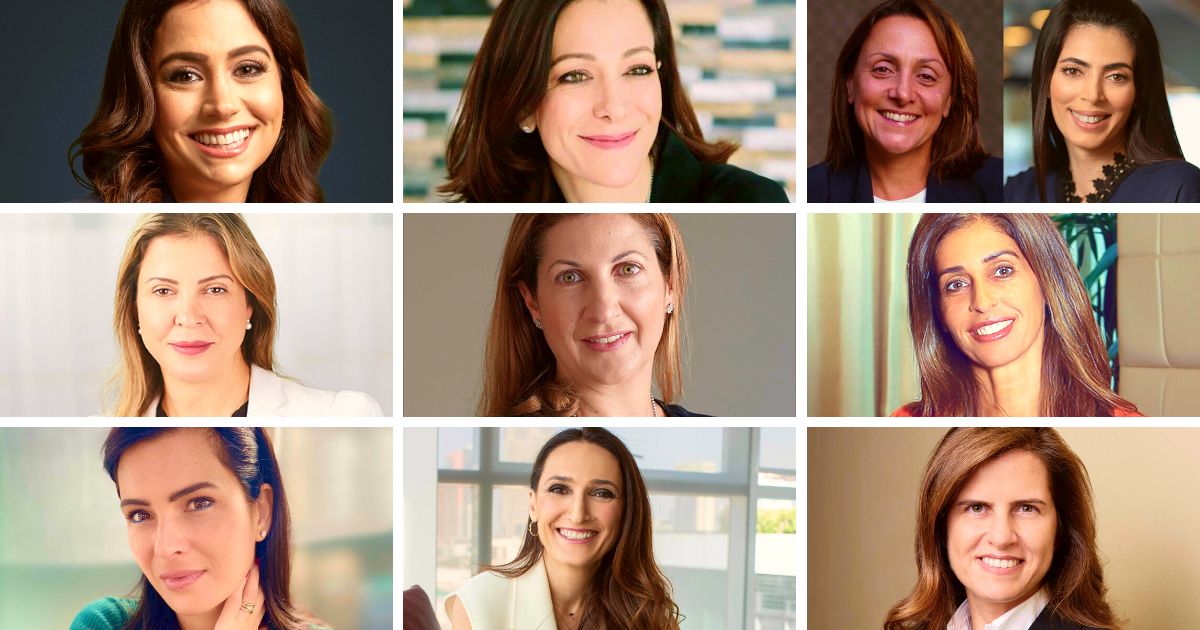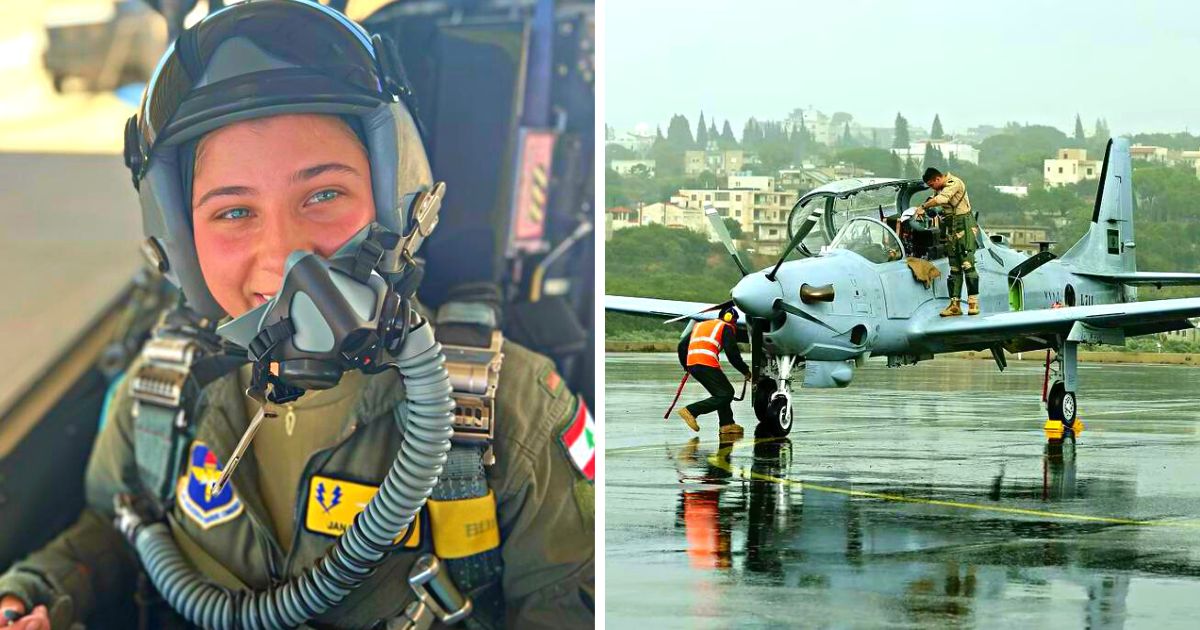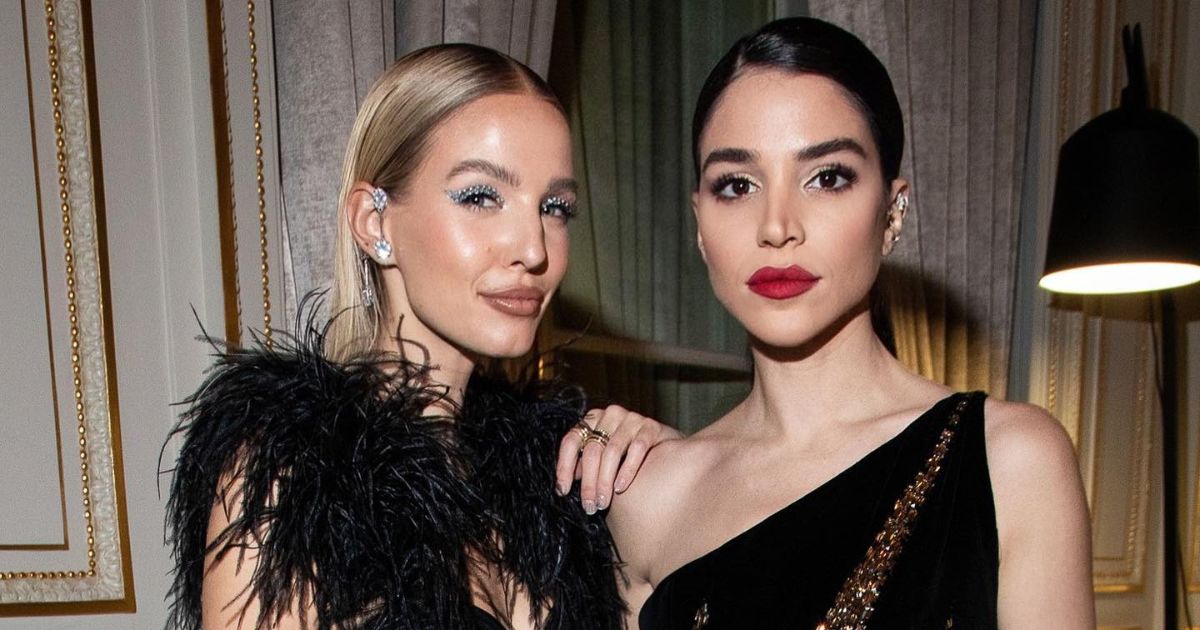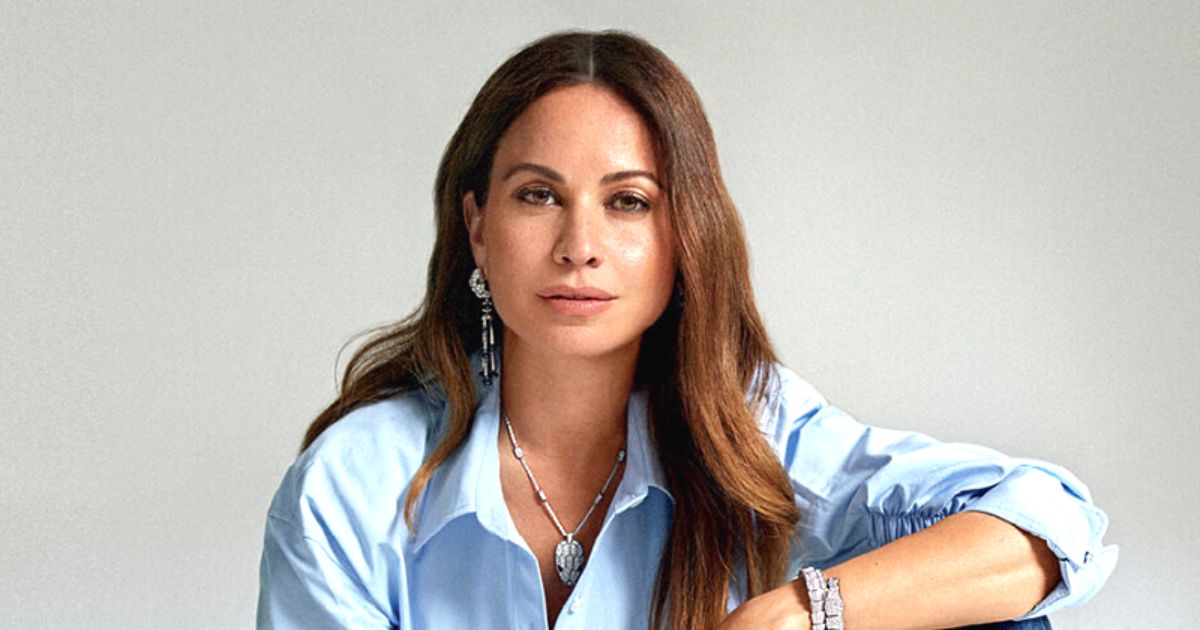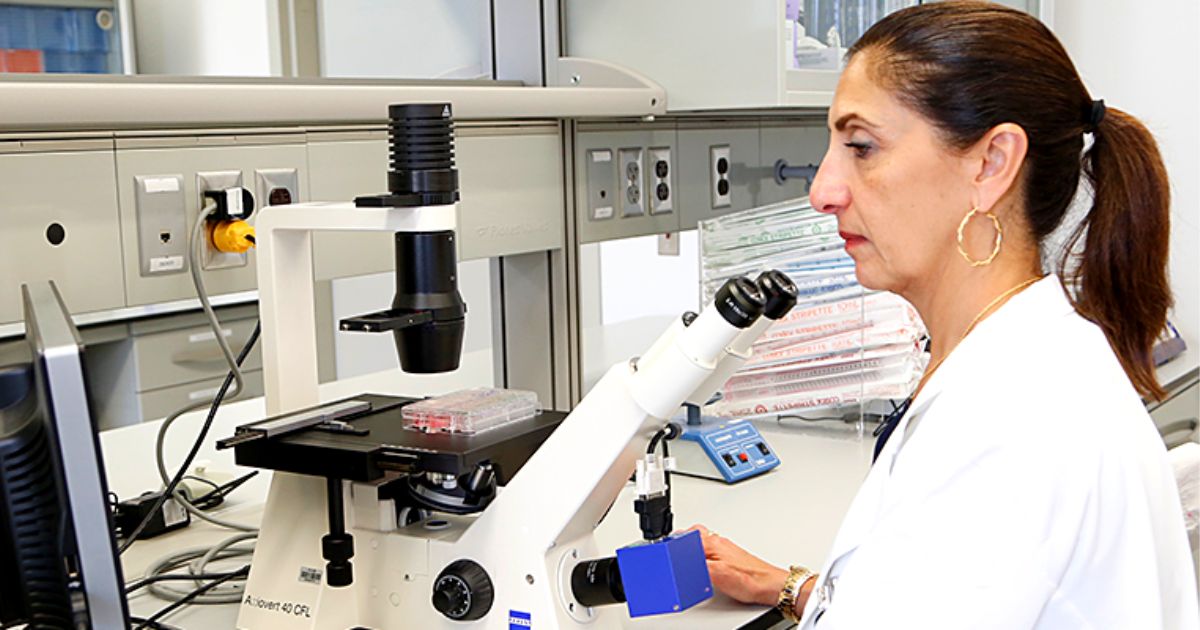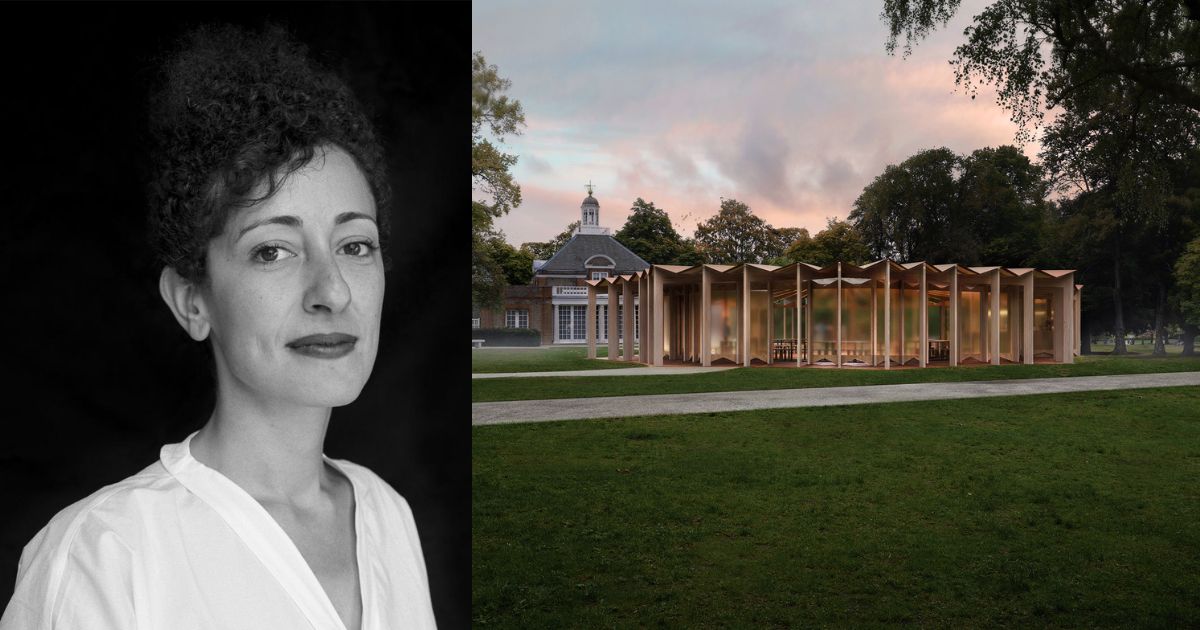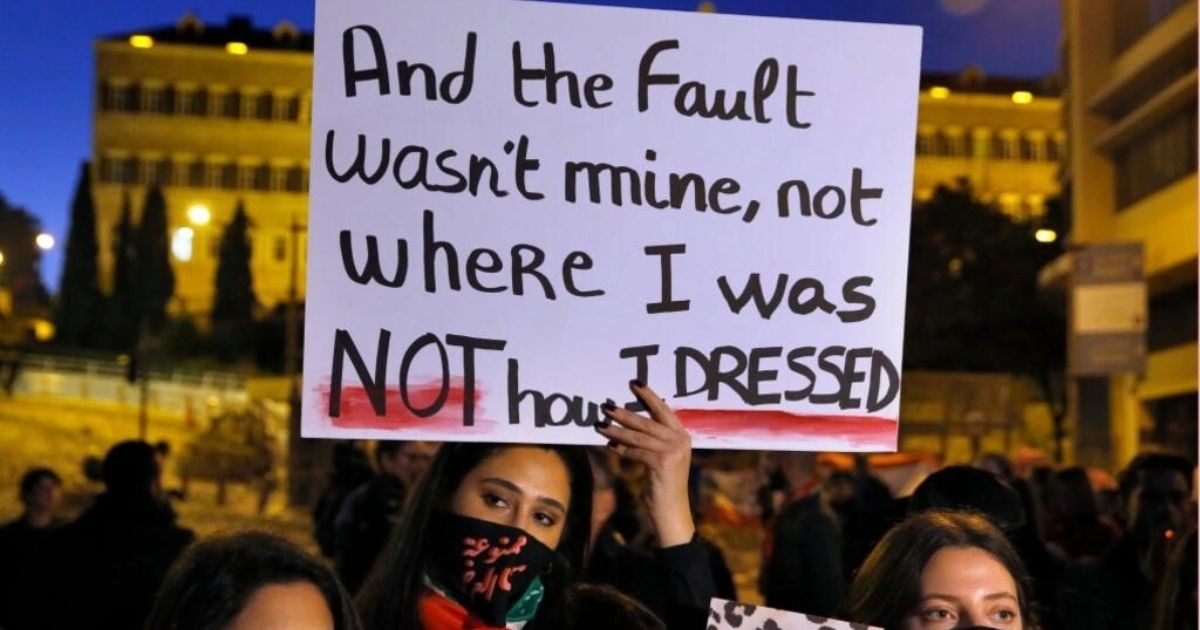There has been a surge of stamina and hope in Lebanon since the electoral lists were officially announced. An atmosphere of rebellion seems to flow with new voices and new political movements going against the conventional parties, and more women running for parliament.
155 Lebanese women have entered the electoral race for parliament, making up nearly 15% of the sum of contestants. Some were forced to withdraw and 113 female candidates continue, but not without challenges and difficulties.
The current elections, not unlike the 2018 ones, seem to repeat the same disclaimer: elections are not only about candidates’ political vision for the state but also about their gender.
And that has been more and more evident as the voting days approach.
The Lebanese societal mindset towards women has indeed progressed as countless women have long proven outstanding capabilities to be equal to men in all fields. However, some people seem to feel defied, or lessened in value, by the only presence of women on electoral lists.
Somehow, a regressive mentality prevails among some people who are finding that women running for parliament are scarier than politicians they oppose. Their political criticism and aggression on social media have switched to verbal abuse and attacks against the women candidates.
For a country that is massively educated, this is not only incredible but also shocking and offensive to the majority of the Lebanese population.
It is to clarify that these attacks against the female candidates on social media are not political criticism. They are insults against their gender, whether their looks or their decency, like “From which sex bed are you talking?” and so on.
Simply put, the female candidates are being aggressed for being women.
Intriguingly enough, these offenders feel threatened by women in politics yet not by women in the military where many women serve in Lebanon, or by female captains piloting an airplane on which they are traveling across the skies for hours.
And yet, here we are, witnessing on social media horrid attacks against women running for parliament.
This situation has been also reported by the Maharat Foundation, Madanyat Association, and UN Women jointly monitoring the election process in a project that traces how gender is being addressed in the elections.
Between the months of February and March alone, they found that around 7% of all comments represented some form of gender-based bullying, threats, sexual harassment, or bias against women.
These comments, all in Arabic, include a variety of extremely disrespectful and insulting remarks spanning from “Go f*ck yourself” to “From which sex bed are you talking?” and “The old ugly woman when she speaks.”
Remarks that, needless to say, have nothing to do with the candidates’ plans for reforms and policy-making in general, as in aiding Lebanon out of debt, unemployment, corruption, and so on.
These don’t seem to matter to the sexist aggressors.
There is a law in Lebanon that penalizes defamation and libel. The question remains if these aggressors would be arrested or banned from the social media platform they are using to unleash their iniquity.
Lebanese women have always had to work harder to take their rightful position in most fields in Lebanon. Running for parliament is materializing even harder and not only because of the aggression targetting them in the largely unsolicited domain that is social media,
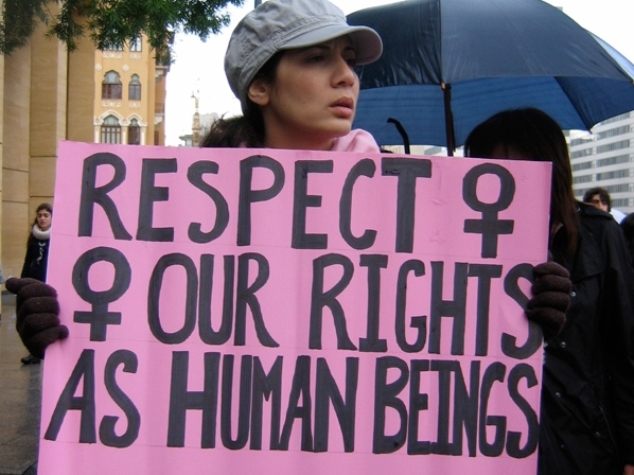
TV stations are also contributing to the female candidates’ difficult journey to parliament, allocating them little to no exposure while focusing on the male candidates.
According to the Maharat Foundation, the representation of female candidates is currently 7% of the television coverage while male candidates receive 93%.
An alarming difference that reflects the little importance given to women seeking to make a difference in a country that urgently needs it.
The core issue with the lack of media exposure of female candidates and the sex-based address against them on social media is that women make up more than 65% of the biggest voting age group (15-64 years old).
A solid 15% of the current candidates are women and yet they are starting at a media disadvantage due to their gender. The number of female candidates has risen from 11% in 2018, but the obstacles they face based on their gender have not decreased.
Female political participation is an unceasing reality. With over half of Lebanon’s population being female, an equal representation in parliament as well as in the media coverage is not only logical but essential.
Related:
Women’s Status In Lebanon Is Controversial At Best.
Here’s The List Of All Lebanese Women Running For Parliament In Lebanon Elections 2022.


